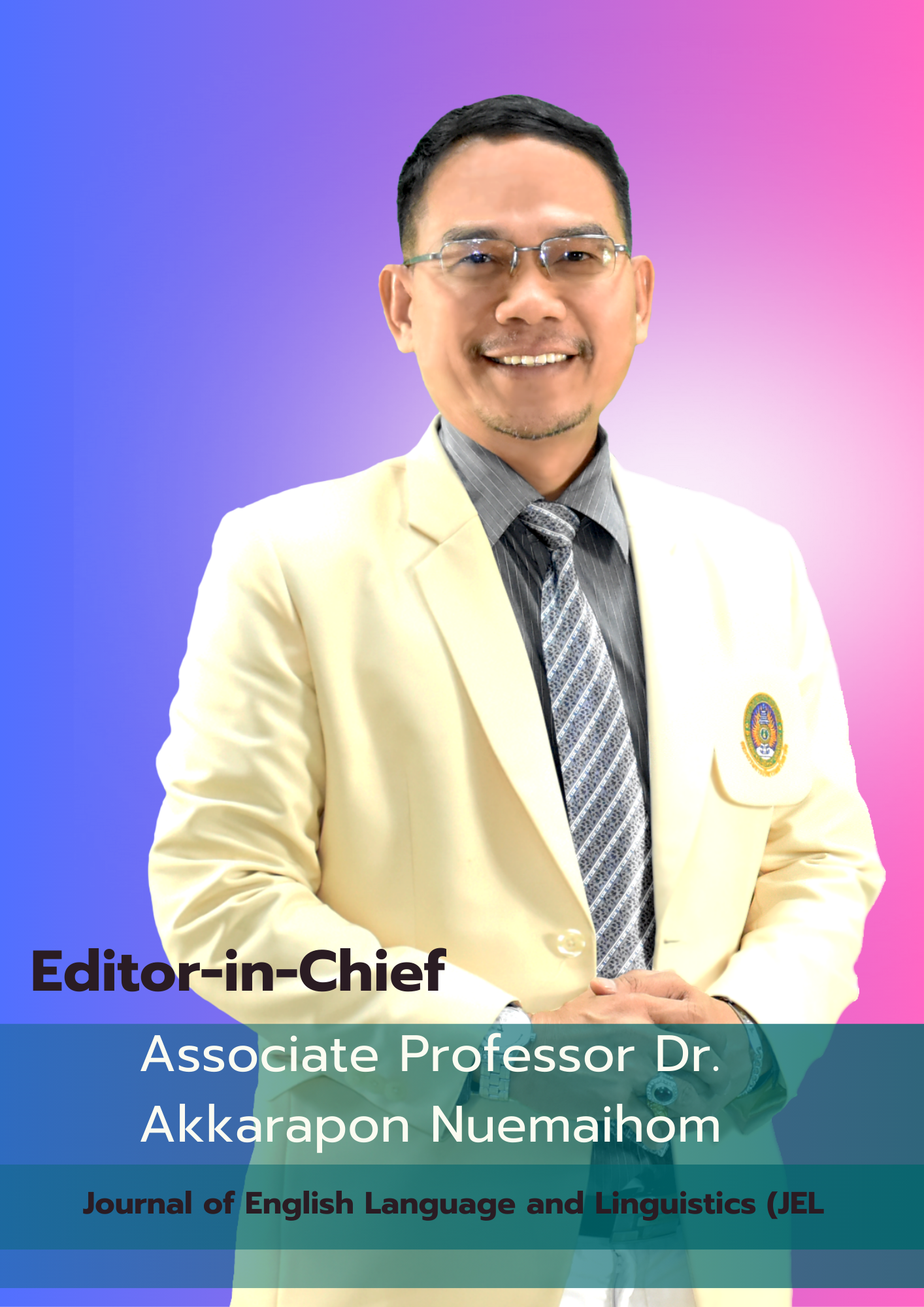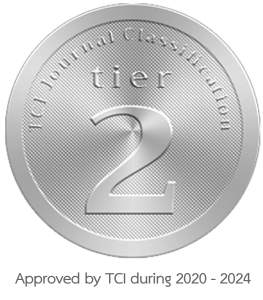Problems of English for Specific Purpose Course for Medical Students in Myanmar Context
DOI:
https://doi.org/10.62819/jel.2021.119Keywords:
Learners and instructors, Preferences and expectations, ESP classes, Universities of MedicineAbstract
An ESP course for medical students intends to help them study their subject
matter and in their profession in the future. It is now broadly accepted that
the English language has become the language of international
communication. The widespread need for English as a foreign language puts
great pressure on the educational resources of many countries. ESP courses
need specific language and skills that are related to communities of practice
and disciplines. Careful examination of the attitudes and perceptions of
learners and instructors was seen to be significant in determining the
problems of ESP courses. This research has emphases on an ESP course
offered at the Faculty of Medical Sciences in Myanmar. The investigation
aimed at congregating such data from the students and their lecturers at
university and perceiving ESP classes to make informed decisions to certify
effective language learning. The tools used in this study were questionnaires
for 77 medical students, interviews with 16 ESP lecturers, and observations
by the researchers. The facts from the questionnaires were analyzed by using
the statistic program, version 16. The results showed that ESP instruction
was restricted to training special vocabulary and reading and translating
numerous texts. Of course, current teaching methods did not reflect
students’ interests and resulted in the low motivation of learners and their
poor participation. This study accepted that the English language was used
extensively in the medical field. Therefore, ESP courses for medical
students should be based on the target needs of students representing
communicative use of language rather than linguistic categories.


















